What are the Jewish Fall Holidays?
One of the most popular questions we receive each year is, “What are the Fall Holidays on the Jewish calendar?” Here is an overview from a biblical, messianic perspective…
In Leviticus 23, we read about three holidays, commonly referred to as the “fall feasts.” The underlying fact that we should always keep in mind is that Scripture clarifies that these special seasons are not merely “Jewish” holidays—they are the Lord’s! In the opening of that chapter, Adonai clearly states: “Speak to Bnei-Yisrael, and tell them: ‘These are the appointed moadim of Adonai , which you are to proclaim to be holy convocations—My moadim’” (Leviticus 23:3 TLV).
The first holiday is Rosh Hashanah, which commences by blowing the shofar (ram’s horn). And blow the shofar they do—one hundred times over the course of this special day! For this reason, it is also called the “Feast of Trumpets.” The ram’s horn is a “spiritual alarm clock,” calling on God’s people to awake from their spiritual slumber. In this sense, Rosh Hashanah’s theme is RETURNING. It marks the beginning of the Jewish New Year and is a time of self-reflection, spiritual renewal, and reconnection with God. It’s a moment when God’s people look inward and evaluate their actions over the past year, setting the tone for a divine encounter during the “Days of Awe” that follow.
The main theme of Rosh Hashanah is RETURN, or in Hebrew, teshuva (repentance). The shofar is calling us back to the Lord and rousing us in preparation for a divine encounter.
Regarding divine encounters, Rosh Hashanah prophetically points to Messiah’s return, an event we often call His “Second Coming.” In this sense, it’s not just about our return to God, but His return to us. I’m sure you’re familiar with these words from Paul the Apostle: “Behold, I tell you a mystery: We shall not all sleep, but we shall all be changed—in a moment, in the twinkling of an eye, at the last shofar. For the shofar will sound, and the dead will be raised incorruptible, and we will be changed” (1 Corinthians 15:51-52 TLV). Incredible! This holiday of the shofar and returning points to that final shofar that will announce Yeshua’s return.
Incredible! This holiday of the shofar and returning points to that final shofar that will announce Yeshua – Jesus’ return.
The Days of Awe. Rosh Hashanah leads into a time of introspection. Spanning ten days, this period is an intense period when individuals focus on repentance and seek forgiveness from both God and those they have wronged in the past year. It’s a chance to make amends and purify one’s heart, leading up to Yom Kippur.
Yom Kippur, the second fall holiday, is the holiest day of the year on the biblical calendar. It was the only day of the year that the high priests could enter the Holy of Holies—the only day when they could speak the “divine name.” The central ceremony of Yom Kippur features a “scapegoat” and the shedding of blood to make atonement for the sins of the nation. Hence, we also refer to Yom Kippur as the “Day of Atonement.”
The main theme of Yom Kippur is REDEMPTION. Sin produces separation from God and one another. On the Day of Atonement, we experience “at-one-ment.” Leviticus 17 repeatedly says that the “life is in the blood,” and life—connection—is renewed on this holiest of days. This is a moment to be restored vertically to God but also horizontally to our neighbors. We both seek to receive and extend forgiveness, for the good of others and ourselves. Forgiveness is not an elective—like Spanish or French in high school—it’s a requirement. Prophetically, it points to the day when all Israel will be saved, and all the nations will worship the one true God.
The third of the fall holidays is Sukkot, named after the portable outdoor dwellings used in its celebration. This a joyous holiday. Those dwellings commemorate the dwellings of the Israelites as they wandered in the wilderness for forty years. While it’s not uncommon for folks to only see the bad or the hardship in those decades of wandering, this “Feast of Tabernacles” celebrates the faithfulness of God’s Protection, Provision, and Presence during that time. The heat and the elements did not consume them. They ate bread from heaven and drank water from a rock. The Lord was with them in the cloud and the pillar of fire, as well as the Tabernacle itself.
For this reason, the main theme of Sukkot is REJOICING. Some have even suggested the American holiday, Thanksgiving, is modeled after Sukkot! And indeed, following the redemption experienced during Yom Kippur, we have much to be thankful for on this holiday.
There is an incredible connection between Sukkot and the life of Yeshua. John’s Gospel tells us: “On the last and greatest day of the Feast [Sukkot], Yeshua stood up and cried out loudly, ‘If anyone is thirsty, let him come to Me and drink’” (John 7:37 TLV). At a time when the Jews would’ve been commemorating the life-giving water their parents drank in the wilderness, this Prophet from Nazareth offered them “living water”! Not to mention that Paul would later identify that the source of that life-giving water in the wilderness: “they were drinking from a spiritual rock that followed them, and the Rock was Messiah” (1 Corinthians 10:4 TLV).
Returning. Redemption. Rejoicing. These themes are central to a vibrant life in the Spirit. They are gifts from our Father in heaven (see James 1:17) for all of His children! These Fall Feasts, established by God, serve as profound reminders of His eternal plan and His endless goodness. Each feast intricately weaves into the next, illustrating the continuous unfolding of God’s redemptive work. From the blast of the shofar on Rosh Hashanah to the deep reflection of Yom Kippur and intimate gatherings in Sukkot booths, we are reminded not just seasonally, but daily, of our invitation to celebrate the salvation and life offered through Messiah. Every day, not just during these high holidays, we carry the joy of this redemption, embracing the promise of our place in the Father’s eternal home. To dismiss these moments as ethnic holidays is to miss out on the fullness of the inheritance that is ours in Yeshua our Messiah.
On October 7th, 2023, the Hamas massacre in Israel occurred on the Civil Calendar, coinciding with Shemini Atzeret 5784.
Shemini Atzeret is a Jewish holiday that takes place on the biblical calendar day of Tishrei 22. It is a unique festival that occurs right after the seven-day holiday of Sukkot. The name Shemini Atzeret translates to “the eighth day of assembly” in Hebrew.
Although it is commonly mistaken as a part of Sukkot, Shemini Atzeret is actually a separate holiday. It is considered a special day of reflection and connection with God. On Shemini Atzeret, Jewish communities gather in synagogues to pray and offer thanksgiving for the harvest season. It is also a time to recite special prayers for rain, as this marks the beginning of the rainy season in the land of Israel.
The holiday of Shemini Atzeret holds significant spiritual importance in Jewish tradition. It is believed that on this day, God invites the Jewish people to spend an extra day in His presence. It is seen as a final opportunity to express devotion and experience a closer connection with God before transitioning into ordinary daily life.
During Shemini Atzeret, a special prayer, known as Yizkor, is recited by those who have lost loved ones. Yizkor is a moment of remembrance and a way to honor the memory of departed family members. Additionally, the holiday is characterized by joyous celebrations, festive meals, and traditional customs.
In summary, Shemini Atzeret is a distinct Jewish holiday that occurs after Sukkot. It serves as a day of reflection, connection with God, and gratitude for the harvest season. Through prayers, remembrance, and festivities, this special holiday holds a significant place in Jewish tradition and biblical understanding and offers an opportunity for selah, renewal.
So, now what?
These special days serve as a bridge connecting us with God’s redemptive purposes. While the rituals and celebrations are concentrated around specific dates, the essence of these holidays can permeate our daily lives, offering continual guidance and joy. Here’s how we can celebrate these sacred times every day:
- Daily Reflection and Gratitude: Recognize each day as a gift and an opportunity to live in a state of thankfulness, just as we do during the High Holidays. Take moments to reflect on the blessings and the divine grace present in your life.
- Incorporate Rituals in Daily Life: Small, daily rituals can serve as reminders of the larger celebrations. Whether it’s lighting candles, saying specific prayers, or reading scriptural passages, these acts can deepen daily spiritual connections.
- Live Out the Lessons: The High Holidays often focus on themes such as forgiveness, renewal, and joy. We can embody these ideals in our everyday interactions and decisions, striving to be kinder, more forgiving, and more joyful.
- Create a Sanctuary at Home: Just as we decorate our homes for the holidays, we can create a space or corner that serves as a constant reminder of our spiritual paths. This can be a visual and physical representation of the peace and sacredness of the High Holidays.
- Commit to Continuous Growth: The High Holidays are a time for self-assessment and setting intentions. Apply this practice regularly; set personal milestones and regularly evaluate your spiritual growth and well-being.
By weaving these practices and attitudes into the fabric of our daily lives, every day can become as momentous and spiritually enriching as the High Holidays themselves. This approach helps us maintain a celebratory and reverent spirit throughout the year, drawing ever closer to the divine promises and joy inherent in our faith.
These holidays are not an obligation—they’re an invitation…come, join us!
Aligning with God’s Appointed Times: Discover the Prophetic and Spiritual Meaning of the Biblical Holidays, we introduce ourselves to our faith’s Jewish roots and gain a heightened biblical perspective as we practice the same traditions and rituals Yeshua-Jesus embraced. We begin to see His life and ministry from a different viewpoint, through Jewish eyes.
Understanding and celebrating Jewish biblical holidays is transformational. We can ignite a fire that renews and transforms us as we combine Old Testament tradition with a fiery desire to go more deeply into the blessings God has for us and abide more deeply in Jesus Messiah.
Journey Deeper with me, Rabbi Jason Sobel, through Aligning with God’s Appointed Times: Discover the Prophetic and Spiritual Meaning of the Biblical Holidays.
FREE WEEKLY TORAH PORTIONS:
"I never realized how significant one letter could be. I see God’s Sovereignty and how everything points to Jesus from beginning to end."
What is Fusion with Rabbi Jason?
It is in looking back at what God has done that we can see forward to His future plans for us. “For I know the plans I have for you,’ declares the Lord, plans to prosper you and not to harm you, plans to give you hope and a future” Jer 29:11.
At Fusion Global with Rabbi Jason Sobel, we want to add definition to your faith as we restore the lost connection to our ancient roots and rediscover our forgotten inheritance.

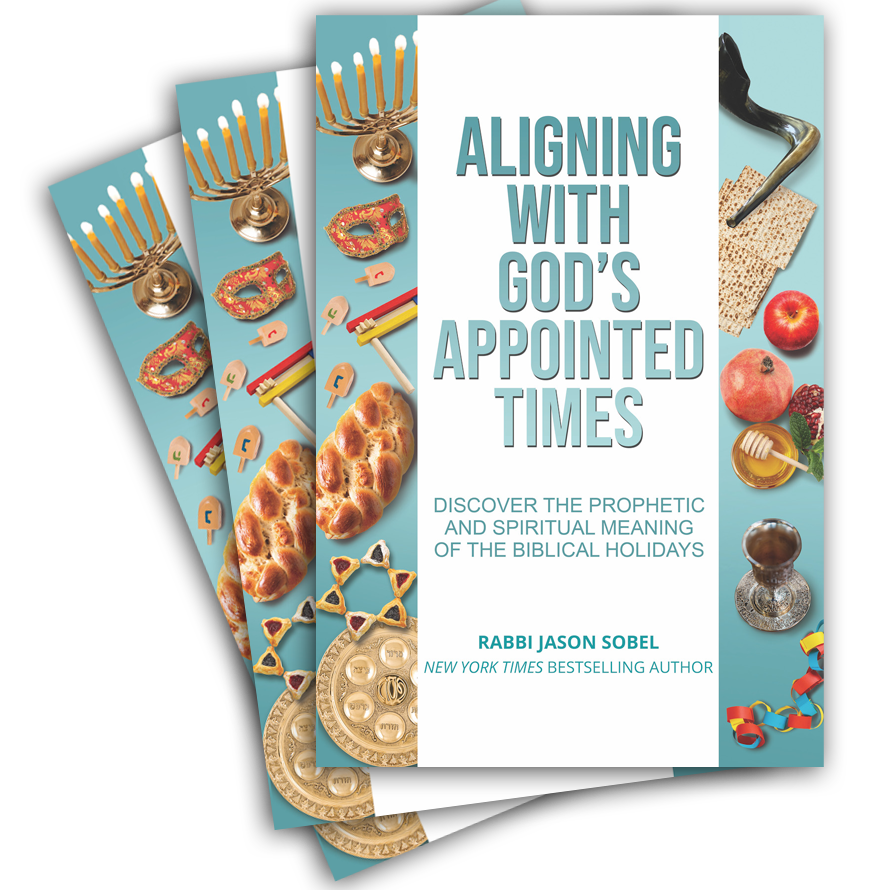
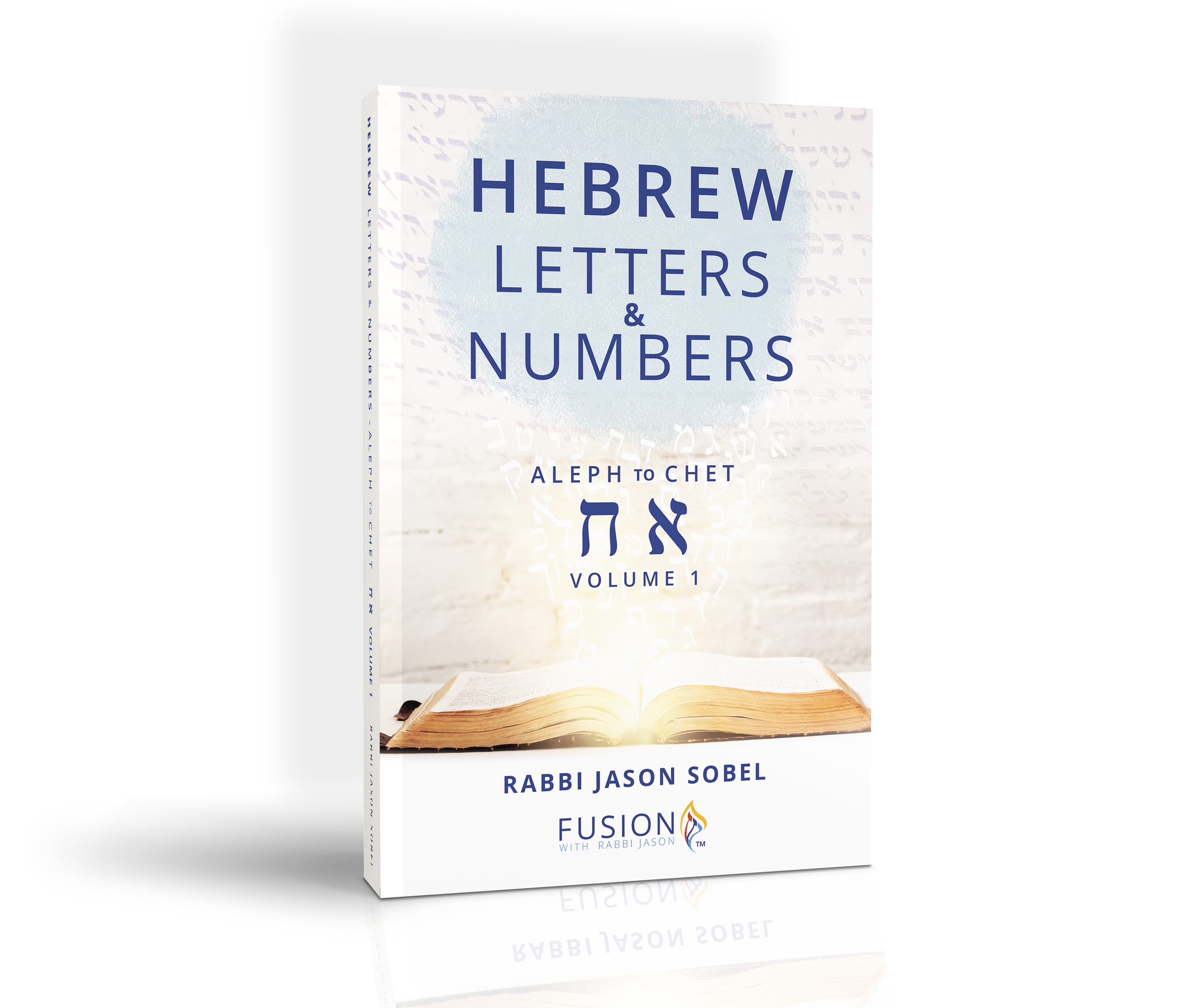

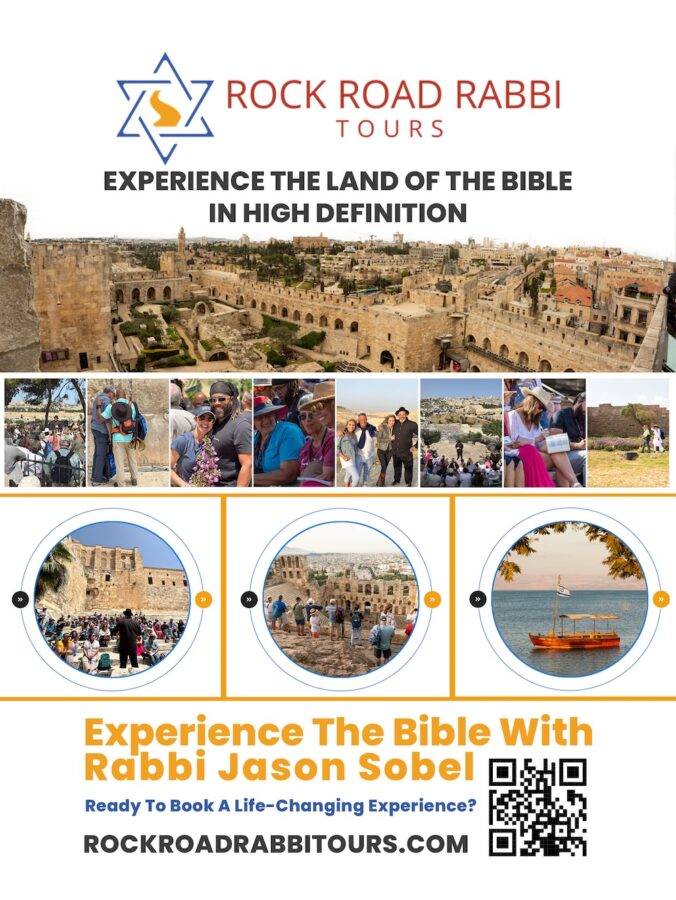
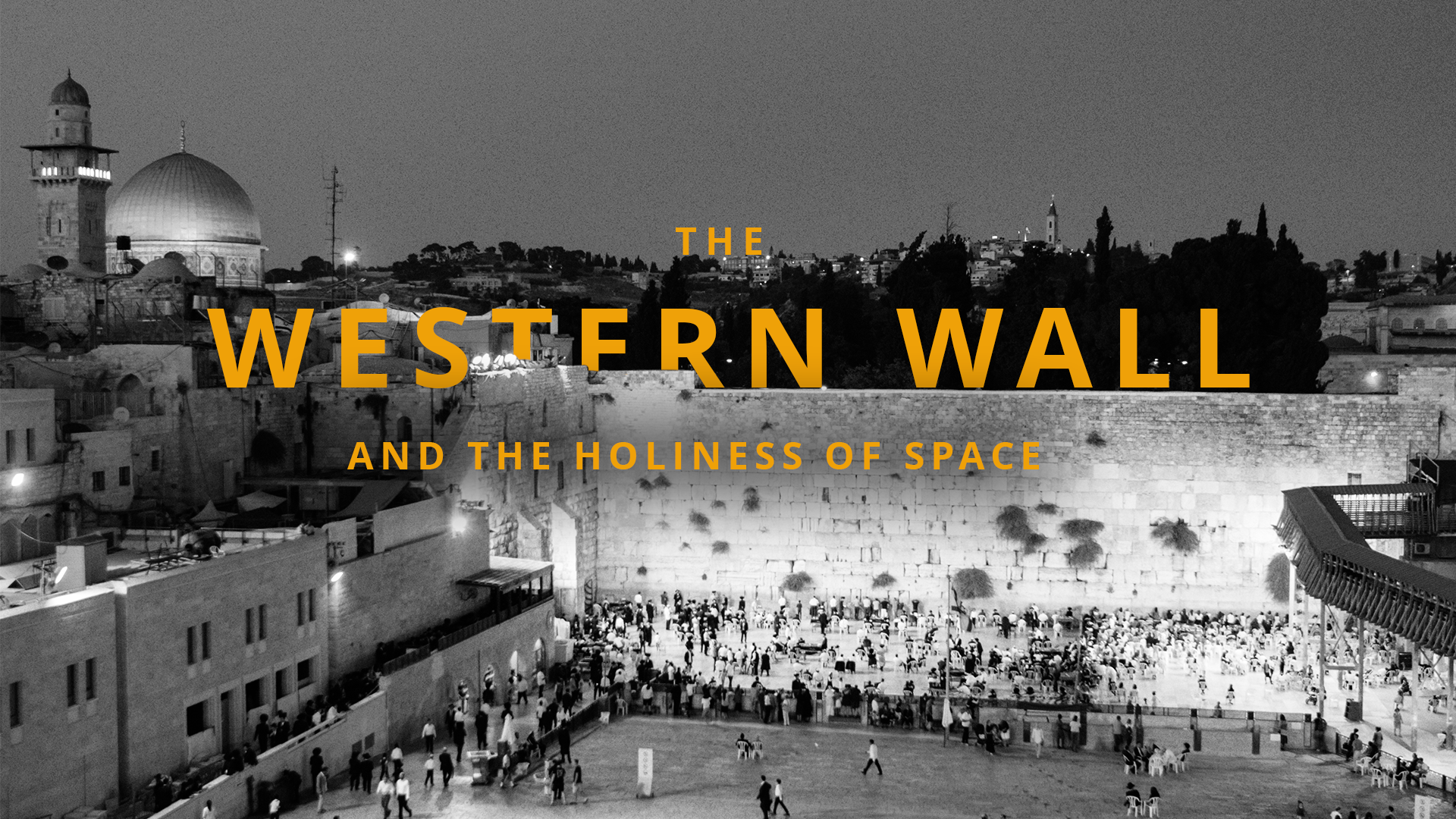
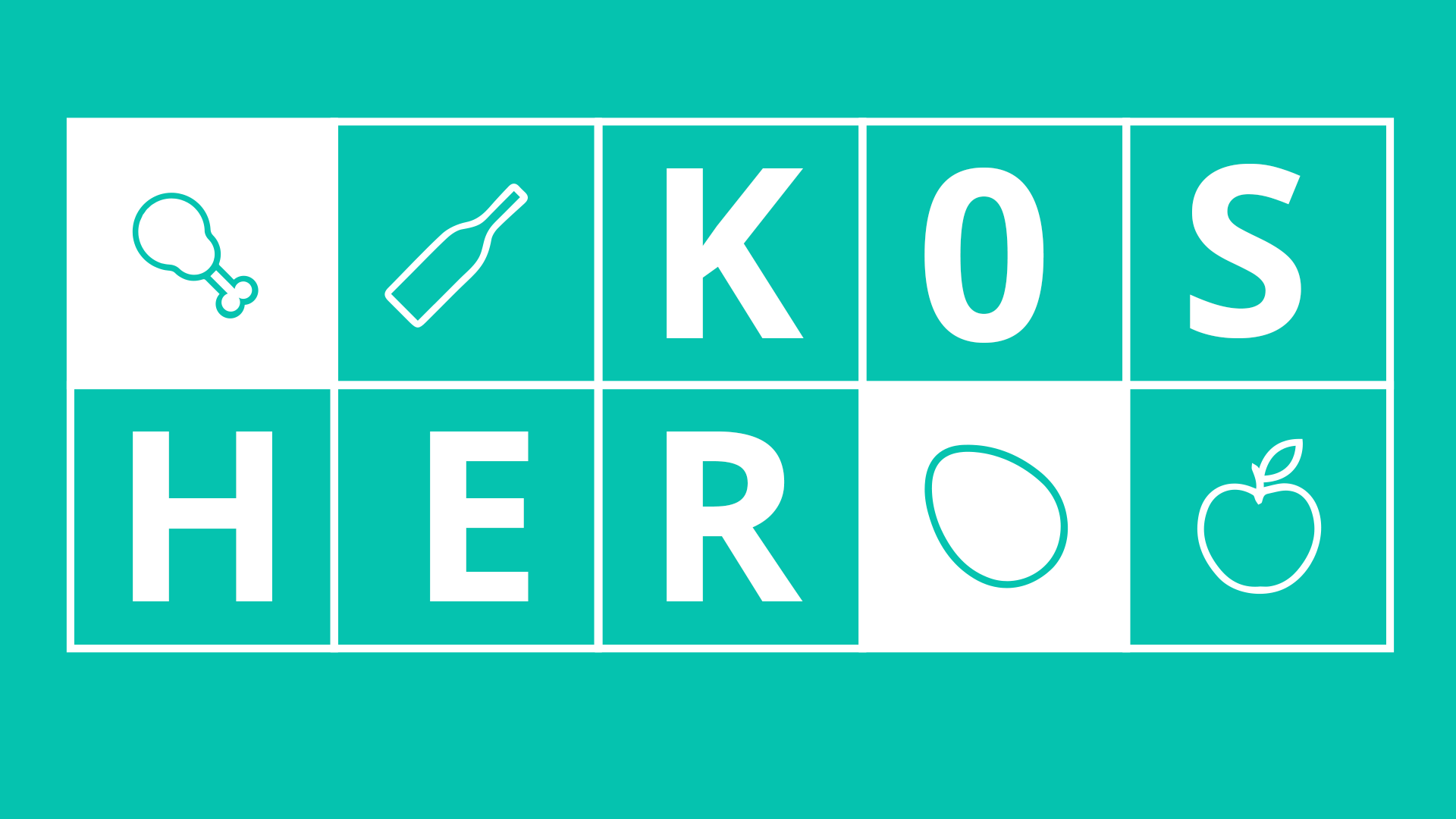
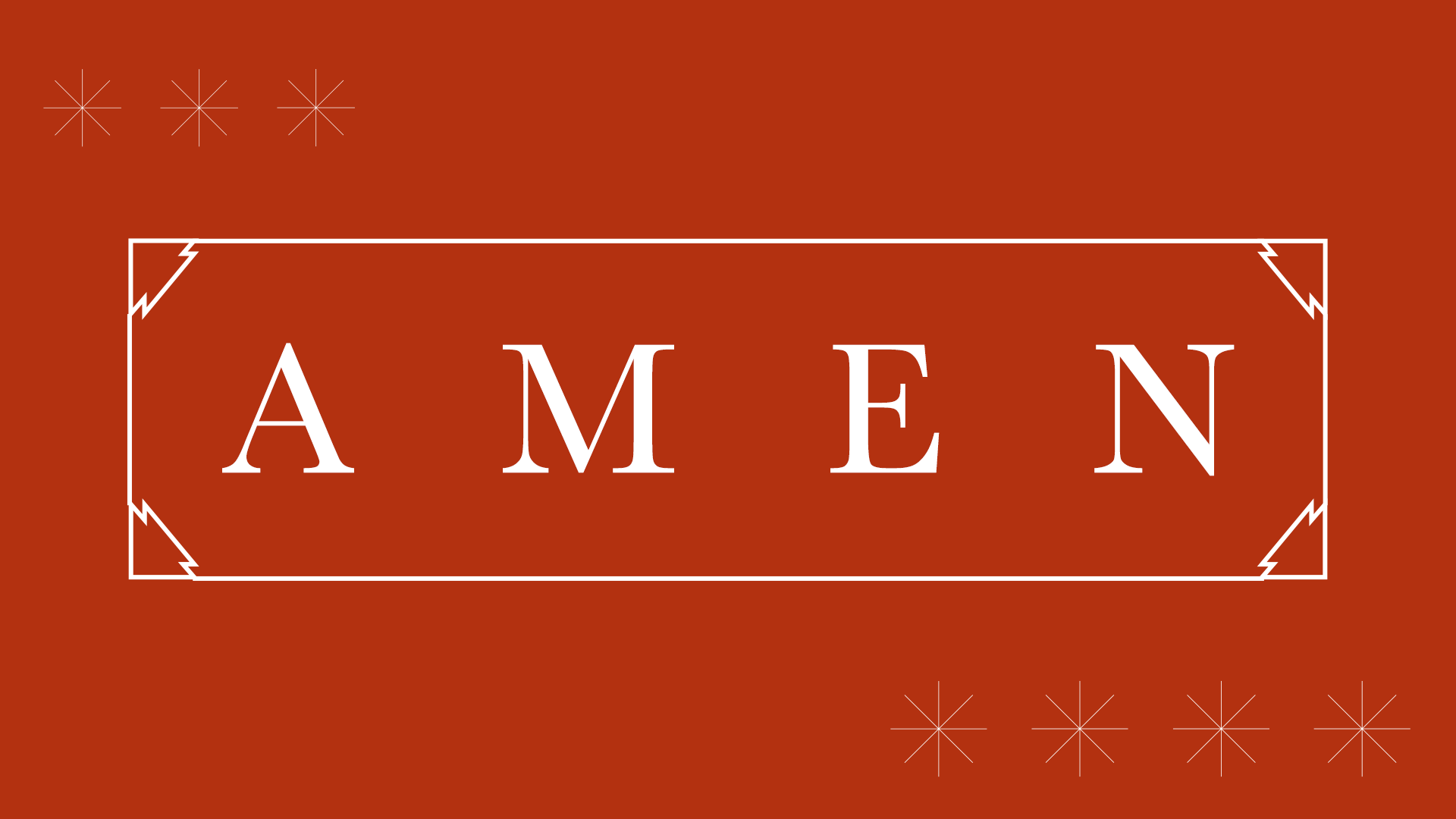
[…] 25th holiday has “pagan origins.” In contrast to the joy many feel when they discover that Rosh Hashanah isn’t merely a “Jewish holiday” but a feast of the Lord, believers can feel scandalized as […]
Is there a teaching for the month of Cheshvan?